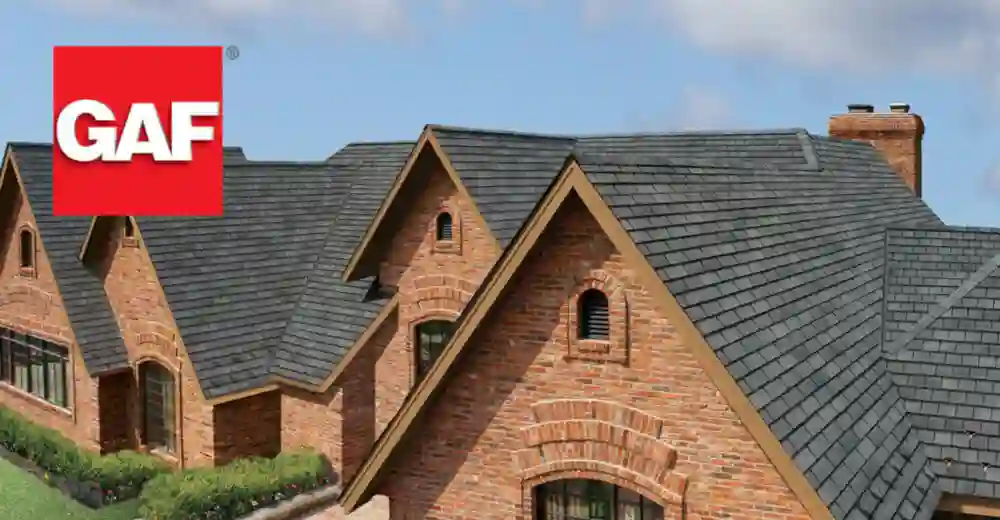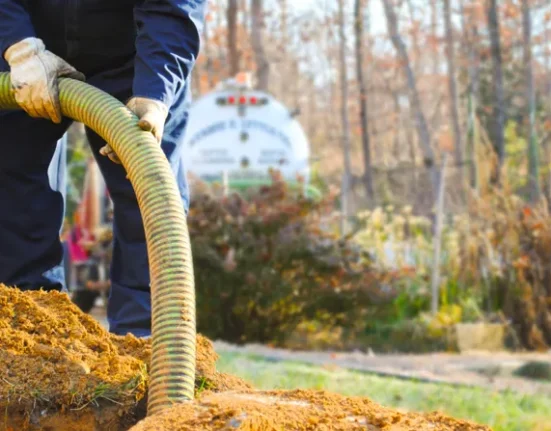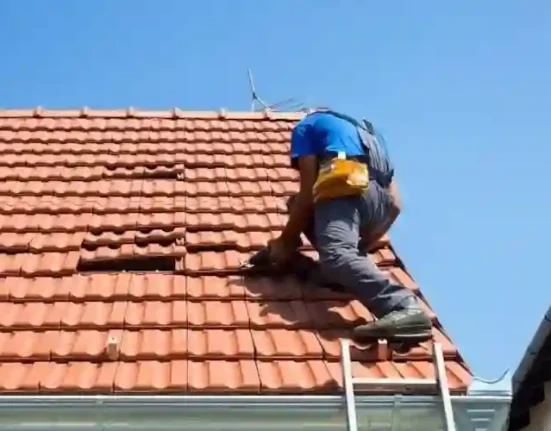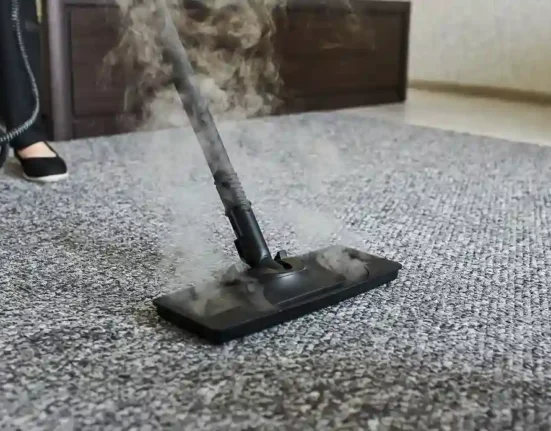Whether your roof needs repair or replacement, it is an expensive project. You want to be sure you hire a contractor who is going to do the job properly, without any surprises down the road.
For example, a reputable roofer will always install drip edge flashing. This prevents water from seeping through the shingles and into your fascia boards and soffits.
1. Experience
The more experience a contractor has, the more likely they are to deliver high-quality results. This means they’ve worked on a wide variety of projects, and they’re familiar with all the challenges that may arise during the project. A reputable and reliable contractor should not have any problem providing you with proof of their experience. You should also request their state licenses and insurance.
4. Insurance
A roofer’s general liability insurance covers third-party bodily injury, such as if someone trips over a power tool and falls off the roof. If a roofer doesn’t have workers’ compensation, that person may sue your company for their medical bills.
Roofers should also have commercial auto insurance to cover their work vehicles. Personal auto policies won’t pay for damages that occur while on the job.
5. License
Depending on the State and/or local municipality, Roofers are required to be licensed, certified or registered in order to carry out their trade. This usually involves submitting an application, past experience, passing an exam and in some instances providing insurance or a bond.
When choosing a roofing contractor it’s a good idea to ask for a list of all their certifications. A reputable company should have no trouble supplying this information for you.
6. Customer Service
A roofer provides a service that protects homes and buildings from weather elements. This can include replacing areas of the roof, installing vapor barriers, and insulating homes.
Practicing customer service requires patience with customers and flexibility with company protocols. It also means recognizing that every customer interaction is an opportunity to provide great experiences.
This involves meeting the customer’s needs – like providing information in a timely manner, showing empathy, and giving them options.
7. Communication
A good roofer will keep you updated throughout the job, including estimating time and costs. They’ll also provide clear and accurate explanations when you ask questions about their work. For example, they should explain the cost of plywood sheeting to fix soft or rotted decking. They should also be willing to install drip edging, which helps prevent water from damaging soffits, fascia, and decking.
8. Safety
You need to know the safety measures your roofer will take on the job. For example, if they skip the drip edge metal or weave your shingles instead of installing steel in the valleys, you could face expensive water damage later on. They should also strike a chalk line when cutting the shingles to ensure they are properly cut and aligned. This prevents short exposures and waviness.
9. Quality of Work
Roofers perform a vital service to structures by safeguarding them from rain, snow and sunlight. Without roofers, buildings would be at risk of leaks, structural damage and compromised energy efficiency.
Roofing is a complicated job that requires attention to detail. For example, if a roofer doesn’t use drip edge metal or weaves shingles instead of using metal valleys, you’ll end up paying for costly repair bills down the road.
10. Pricing
If your roofer uses subcontractors, make sure you get all the details up front. You can avoid over-inflated costs by asking about how much the roofer will charge for plywood sheets to fix soft and rotten decking. It’s also important to find out whether your roofer will weave shingles or use metal valleys. Woven valleys can cause leaking and other problems over time.








